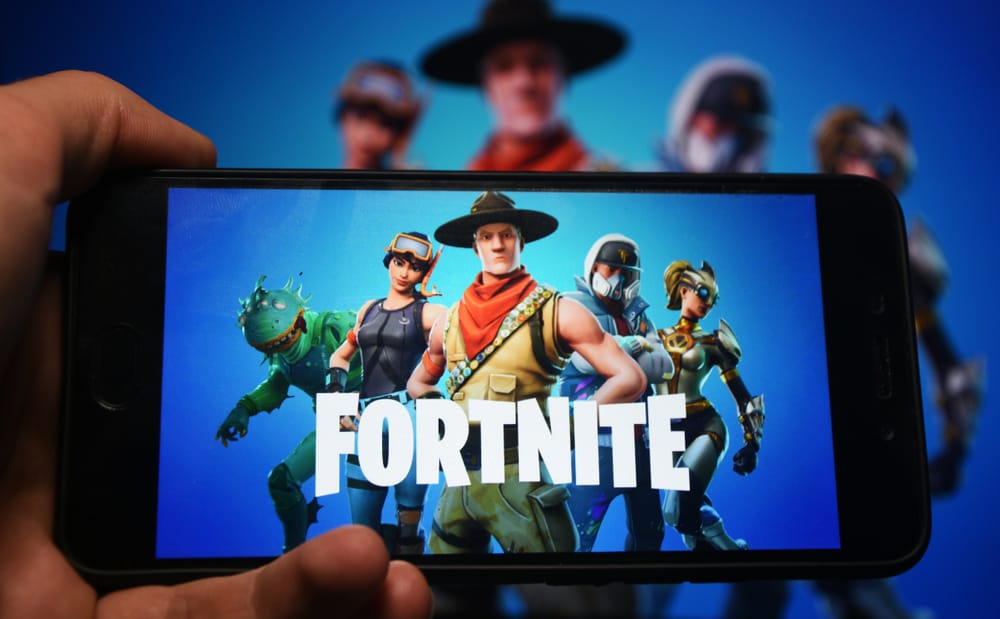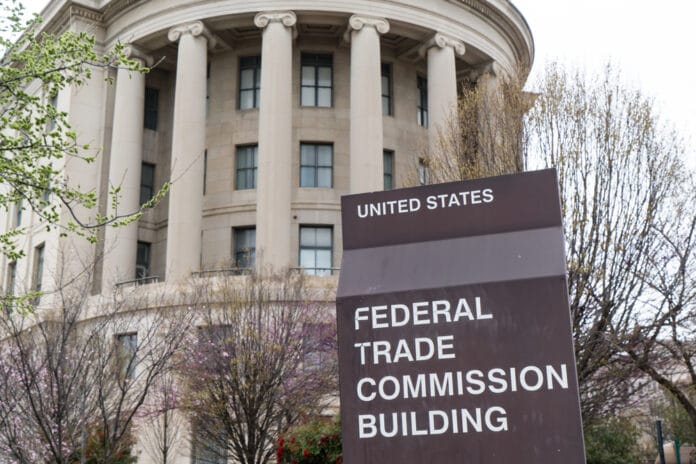Epic Games, the maker of the massively popular Fortnite, is refunding an incredible $245 million to players after an investigation by the Federal Trade Commission (FTC). The FTC found that Epic’s practices led to unintended purchases, particularly by younger players, and made it difficult for users to recover their money. This case is one of the largest refund settlements in gaming history.
Why Are Refunds Happening?
The FTC accused Epic of using confusing design choices that pushed players to spend money unintentionally. Key issues include:
- Kids making purchases without parental approval: Parents were often unaware of the charges until they appeared on their credit card bills.
- Poorly designed systems that caused accidental buys with a single button press.
- Limited refund options, making it hard for users to reverse purchases they didn’t intend to make.
This pattern went on from 2017 to 2022, prompting the FTC to intervene and hold Epic accountable.
Who Can Get a Refund?
You might qualify for a refund if you fall into any of these categories:
- Unintended purchases: If you accidentally bought something and couldn’t cancel it.
- Unauthorized charges: Parents whose kids made purchases without their consent.
- Rejected refund requests: Players who tried to get their money back but were denied.
If any of this applies to you, you may be eligible to claim part of the settlement.
How to Apply for a Refund
Getting your refund is straightforward:
- Look for an email from Epic Games detailing your eligibility.
- Visit the FTC refund page for instructions on how to apply.
- Submit your claim with the required information before the deadline (still to be announced).
Refunds cover purchases made between January 2017 and September 2022.
Epic’s Response
Epic has accepted the settlement and committed to making improvements. The company has rolled out better parental controls, updated its purchasing system to avoid accidental buys, and streamlined the refund process. In a statement, Epic described the settlement as an opportunity to improve how they handle player concerns.

The Bigger Picture
This settlement highlights the growing need for companies to adopt fair and transparent practices when dealing with in-game purchases. Players, especially younger audiences, must be treated with respect, and businesses are under increasing pressure to prioritize consumer rights.
Players
Players have had mixed responses to the Fortnite refunds. While some are happy to see their money returned, others feel the situation might not have happened if parents had been more cautious. It’s questionable about where the responsibility really lies—on the companies creating the systems or on those using them.
Final Thoughts
The FTC stepping in to enforce refunds in Fortnite sends a message: companies need to take better care of their players. Fair treatment and trust aren’t just nice-to-haves—they’re what keeps players loyal and businesses successful.
If you’ve been affected, take a moment to file your claim and get back what’s yours. For developers, this case is a lesson in putting players first and avoiding choices that could lead to similar problems down the line.
Games should be fun, but respecting the people who play them is non-negotiable. After all, the players are the heart of every game’s success.


